
Washington University in St. Louis was founded at a time of great social upheaval and division. Working together, founders believed that nonpartisan, nonsectarian study in the sciences, the arts and the humanities would be vital to developing the knowledge and the talent required to address society’s problems.
Today’s challenges are equally demanding. From its campuses in St. Louis to its partnerships with dozens of the world’s great universities, the Washington University community is dedicated to its mission of teaching, research and service — in a quest to address the complex concerns of today’s society.
Planning identifies ambitious, but realistic, priorities
In 2006, Washington University began a strategic planning process to identify its unique strengths and challenges, and its greatest opportunities for impact. The resulting Plan for Excellence provides a detailed vision for the university’s future, focusing on the development of four key areas to fulfill the university’s aspirations: preparing the leaders of tomorrow; advancing human health; inspiring innovation and entrepreneurship; and enhancing the quality of life for all. (For more information, visit together.wustl.edu.)
These areas provide the thread running through the features in this special issue of Washington Magazine. To highlight “Leadership,” students share vignettes from their experiences in the enhanced Washington, D.C., and New York City Regulatory and Business Externship programs. (See “Leaders in the Making” at right.)
For “Health,” Jean Schaffer, MD, and Daniel Ory, MD, detail their pivotal work, finding connections between diabetes and cardiovascular disease. And alumnus Jeffrey Janis, MD, discusses his work with the patient receiving the first full-face transplant in the United States. (See “Combined Forces Advance Health” at right.)
Showcasing “Innovation and Entrepreneurship,” the founders of Janji — a social entrepreneurial venture with a goal to help eradicate the global food and water crisis — run through the steps of starting a business, and highlight the major influence the Skandalaris Center for Entrepreneurial Studies has had on their journey. (See “Innovative U.” at right.)
In “Quality of Life,” the university’s impact on education becomes apparent through the work of alumna Sandy Speicher, whose product and systems designs improve learning at all levels, and WUSTL’s Institute for School Partnership, which helps improve K–12 science and math education in St. Louis Public Schools. (See “A Framework for Change” at right.)
Up first, though, is a bonus feature — a photo essay of Mark Katzman images (see gallery below), showcasing Washington University: the people, the place, the purpose. Enjoy!


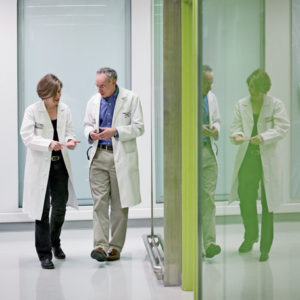
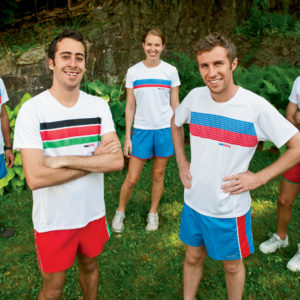


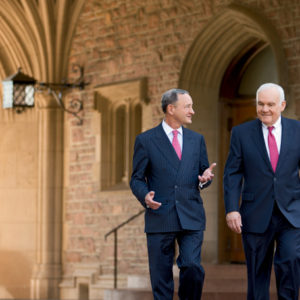
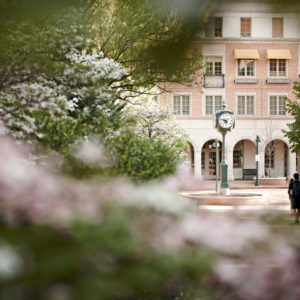


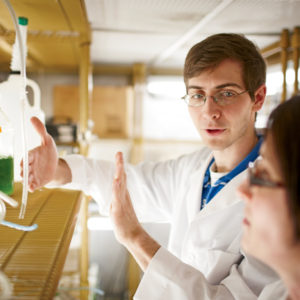

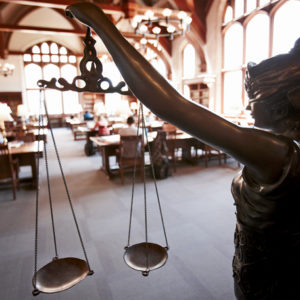

Comments and respectful dialogue are encouraged, but content will be moderated. Please, no personal attacks, obscenity or profanity, selling of commercial products, or endorsements of political candidates or positions. We reserve the right to remove any inappropriate comments. We also cannot address individual medical concerns or provide medical advice in this forum.